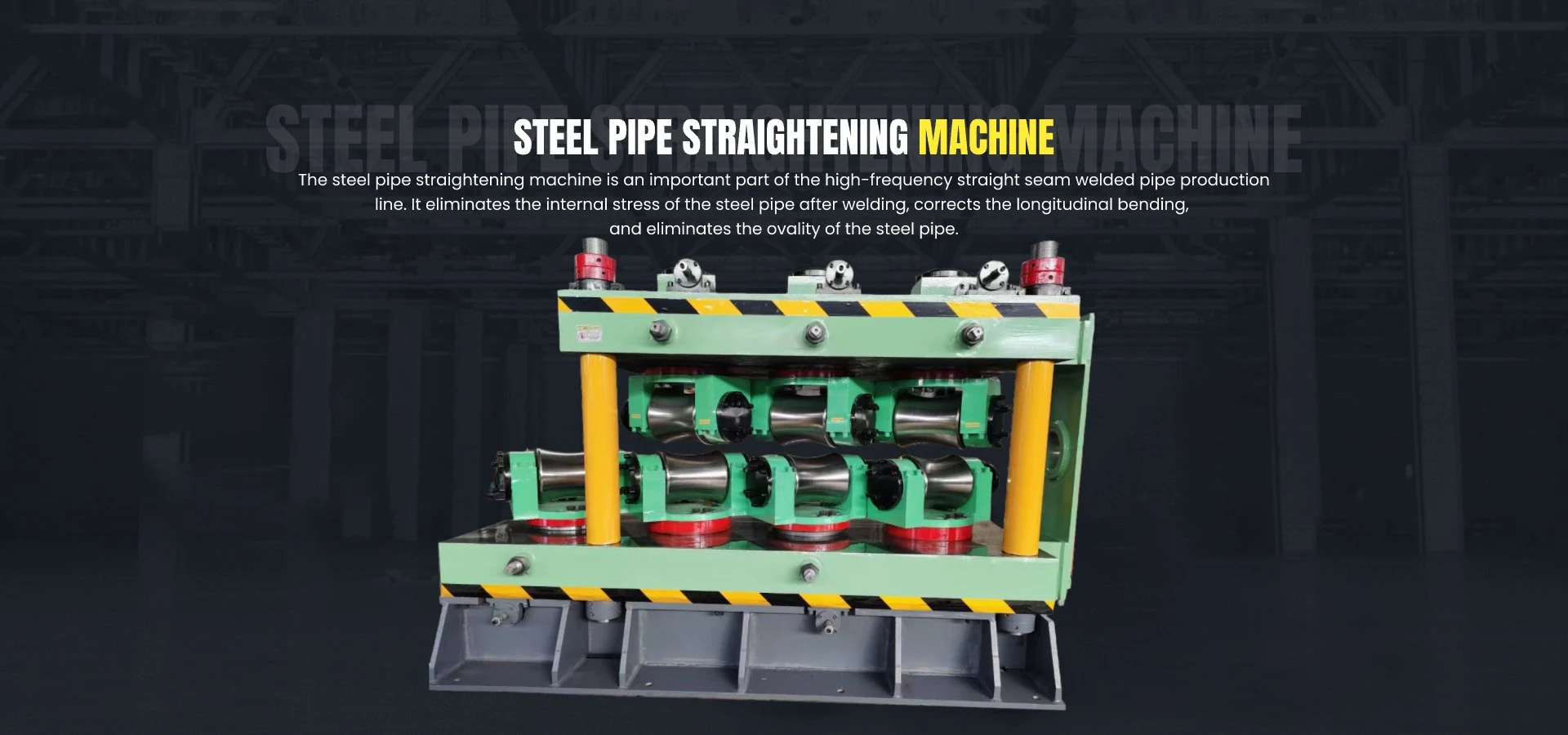High-Quality Uncoilers Available for Purchase at Competitive Prices
The Importance of Choosing the Right Uncoiler for Your Business
In the fast-paced world of manufacturing and metalworking, efficiency and precision are paramount. One of the critical pieces of equipment that plays a significant role in ensuring the smooth operation of production lines is the uncoiler. As industries constantly seek to enhance productivity and reduce operational costs, the demand for high-quality uncoilers is rising. This article will explore the importance of uncoilers in manufacturing processes and provide guidance on purchasing an uncoiler for sale.
What is an Uncoiler?
An uncoiler is a mechanical device used to unwind or unroll coiled materials, typically metal sheets or strips, for further processing. It is essential in various applications, including stamping, punching, and forming, where the material needs to be fed through machines in a controlled manner. There are different types of uncoilers available, such as standard uncoilers, automatic uncoilers, and heavy-duty uncoilers, each designed to handle specific material weights and coil sizes.
Benefits of Using an Uncoiler
1. Increased Productivity By automating the process of unwinding coils, uncoilers help in minimizing downtime and streamlining the production process. This leads to a significant increase in overall productivity, allowing businesses to complete more tasks in less time.
2. Improved Material Handling Uncoilers not only facilitate the unwinding of coils but also ensure smooth and controlled material handling. This prevents material defects and waste, thus saving costs and improving the quality of the final product.
3. Reduced Labor Costs Employing an uncoiler can lower labor costs, as it reduces the manual handling of heavy coils. Operators can focus on more valuable tasks rather than the physically demanding labor of unwinding coils.
4. Enhanced Safety Handling large and heavy coils can pose safety risks. Uncoilers help mitigate these risks by providing a safer method of managing heavy materials, thus ensuring a safer working environment for employees.
uncoiler for sale

Choosing the Right Uncoiler for Sale
When considering the purchase of an uncoiler, several factors should be kept in mind to ensure you select the most suitable model for your needs
1. Material Type and Weight The first step is to assess the type of material you will be uncoiling and its weight. Different uncoilers are designed to handle various materials, including aluminum, steel, and more. Ensure that the uncoiler you select can accommodate your specific material requirements.
2. Coil Size and Thickness Different uncoilers can handle various coil sizes and thicknesses. Be sure to check the specifications to ensure compatibility with your coils.
3. Automation Features Consider whether an automatic uncoiler or a manual one would best suit your operation. Automatic uncoilers offer higher productivity but may involve a higher initial investment. Manual models might be more cost-effective but require more labor involvement.
4. Brand Reputation and Support Research the manufacturers and brands available in the market. Opt for reputable brands known for quality and reliability. Additionally, investigate the support services they offer, including warranties and maintenance options.
5. Budget Constraints Establish a budget for your uncoiler purchase, taking into consideration not only the purchase price but also the potential return on investment through increased efficiency and reduced labor costs.
Conclusion
In conclusion, uncoilers play a vital role in streamlining manufacturing processes, enhancing productivity, and ensuring safety in the workplace. As industries continue to evolve, investing in the right uncoiler can significantly impact a business's operational efficiency. By carefully considering the material type, coil size, automation features, and brand reputation, businesses can make an informed decision when searching for an uncoiler for sale. This investment can lead not only to improved workflow but also to a robust bottom line in an increasingly competitive market.
-
High Frequency Straight Seam Welded Pipe Production Line-BzZhou Xinghua Machinery Equipment Manufacturing Co., LTD.|line pipe steel&welded gas pipeNewsJul.30,2025
-
High Frequency Straight Seam Welded Pipe Production Line-BzZhou Xinghua Machinery Equipment Manufacturing Co., LTD.|High Precision&Automated SolutionsNewsJul.30,2025
-
High Frequency Straight Seam Welded Pipe Production Line - BzZhou Xinghua Machinery Equipment Manufacturing Co., Ltd.NewsJul.30,2025
-
High Frequency Straight Seam Welded Pipe Production Line-BzZhou Xinghua Machinery Equipment Manufacturing Co., LTD.|Precision Welding, High EfficiencyNewsJul.30,2025
-
High Frequency Straight Seam Welded Pipe Production Line|BzZhou Xinghua|Precision Welding&EfficiencyNewsJul.30,2025
-
High Frequency Straight Seam Welded Pipe Production Line - BzZhou Xinghua|Precision Engineering&EfficiencyNewsJul.30,2025


